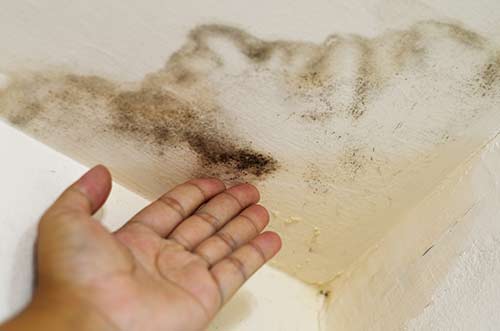Top Three Ways to Control Mold in Your Building

Controlling the spread of mold through a building is a constant battle against the elements. No matter how much protection one takes, there is a consistent presence of mold spores within a system. Controlling this is key to preventing an outbreak of mold growth. Here are our top three ways we prevent the spread and growth of mold through an HVAC System.
1. Reduce the presence of interior moisture
Almost universally, mold needs moisture to grow. Target areas include pools, bathrooms, kitchens, and boiler rooms. All which have common sources of water and are typically maintained at a temperature that encourages mold growth. Additionally, you should regularly check the drip pans within your HVAC unit for poorly draining water. Monitoring these areas for excess water and active mold growth can improve the fight against spreading spores within a system.
2. Replace air filters regularly
Replacing the air filters that come with your HVAC unit in a timely and regular fashion is key to reducing the spread of mold spores through the system. Filters are designed to stop mold spores and debris that encourage the growth of mold. Removing these monthly and inserting a fresh filter will greatly increase the number of mold spores that are captured before they become an issue. Remember, always follow the owner’s manual of your HVAC system and replace your filters with licensed filters designed for your unit. Trusting a professional HVAC service, such as Butler Heating & Air Conditioning, is a great way to be sure this is done properly and regularly.
3. Clean Air intake vents
The third culprit for the spread of mold is through the intake vents located inside and outside your building. If the vents are cluttered with debris or near standing water, immediate action should be taken to clear the area of
mold causing agents. By keeping vents clear, the airflow within the system will increase, lowering the risk of large mold colonies.
These three tips are just the start of preventing mold within your building, you’ll also need to use dehumidifiers in extremely wet areas or consult a professional to deal with your mold issue. However, by practicing these tips, you’ll be less likely to encounter large issues that require the assistance of a professional.
